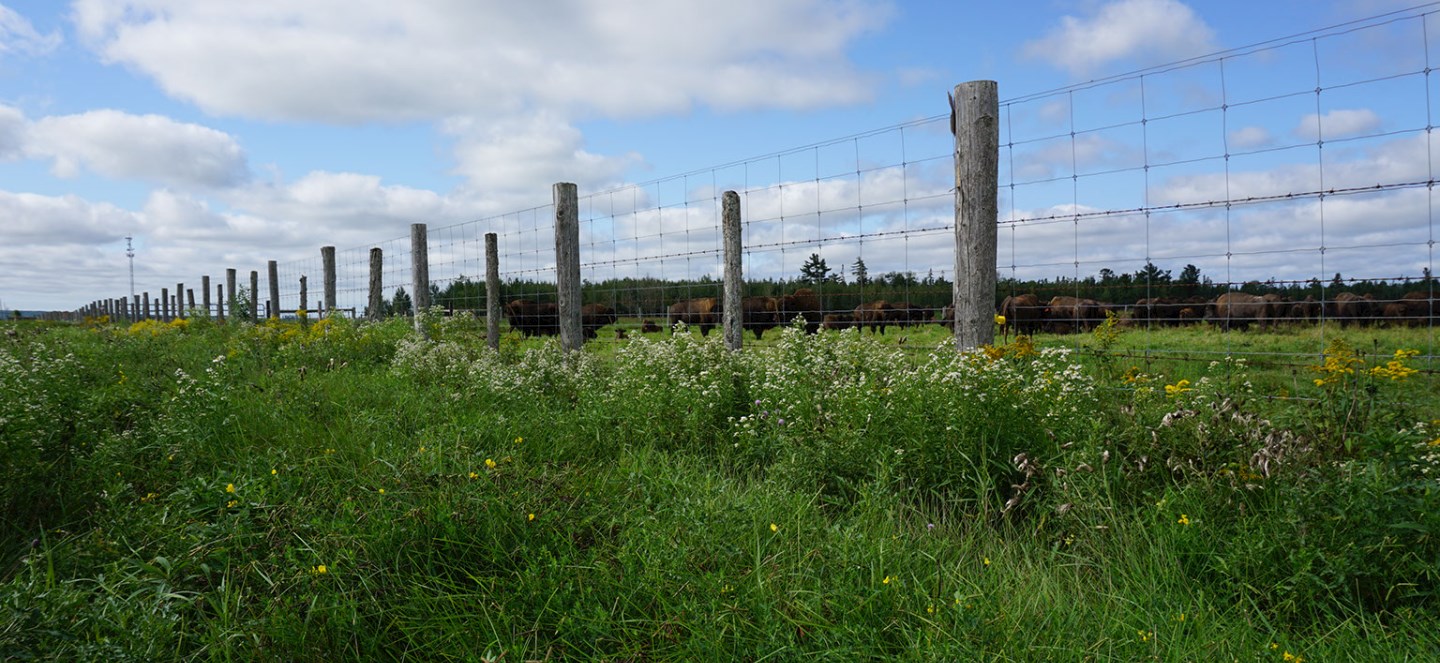
$19M Research Project Seeks to Understand how Management Impacts Soil Health
An international coalition co-led by Michigan State University announced a $19 million research project aimed at understanding how a farmer or rancher’s grazing management decisions impact soil health on pasture and rangeland (commonly called grazing lands) and – in turn – how soil health can positively impact a producer’s land and well-being.
Entitled Metrics, Management, and Monitoring: An Investigation of Pasture and Rangeland Soil Health and its Drivers, the project was announced Dec. 7 at the National Grazing Lands Coalition triennial meeting. The Foundation for Food & Agriculture Research awarded Noble Research Institute a $9.5 million grant to lead this critical research that is improving soil health on grazing lands. Noble Research Institute is providing $7.5 million to this project with additional financial contributions by Greenacres Foundation, The Jones Family Foundation and ButcherBox.
Pasture and rangeland soils contain about 20 percent of the world’s soil organic carbon stock but have largely deteriorated in many regions due to poor management, fragmentation or conversion to cropland. As soil health decreases, the land loses its viability to grow healthy plants, maintain flood- and drought-resilience or filter water.
“Improving the ecological management of these hundreds of millions of acres, farmers and ranchers can be catalysts for sequestering carbon, better managing fresh water, reducing typical greenhouse gas emissions and building soil health, which all benefit society at large,” said Dr. Jason Rowntree, C.S. Mott Endowed Professor of Sustainable Agriculture at Michigan State University and project co-lead. “In addition, applying these core agricultural principles also helps producers be more sustainable and profitable, ensuring they can leave a legacy of healthy land and brighter futures for their children. It’s a win-win.”
For decades, farmers and ranchers who have implemented soil health principles have improved the overall health of their land and have experienced more profitable operations, however, these observations have – to this point – been largely anecdotal. This research is quantifying these observations and examining how management decisions on grazing lands are connected to the overall health of the ecosystem, including the social and economic well-being of the farmer, rancher and land manager.
Real full article at the College of Agriculture and Natural Resources website.
